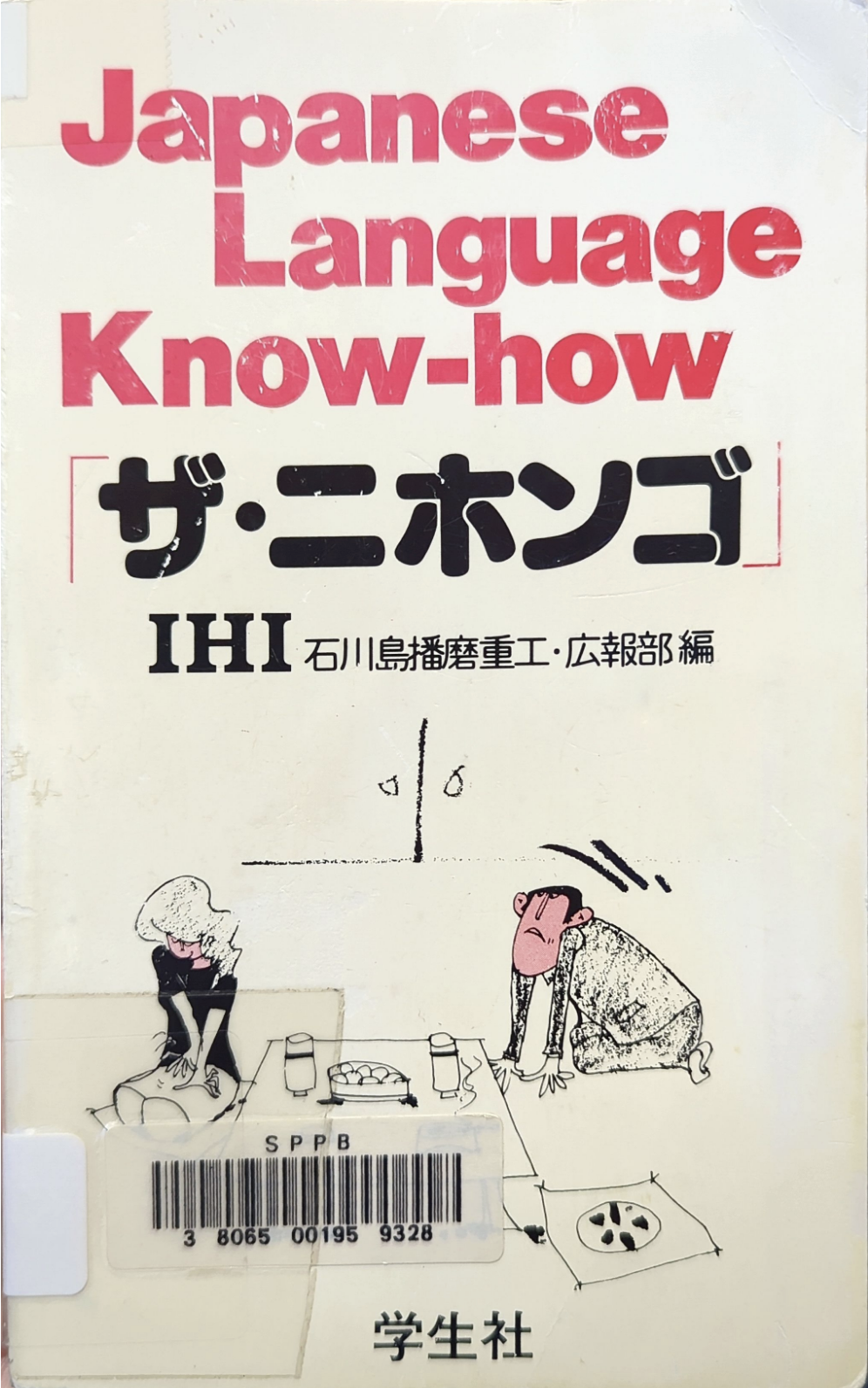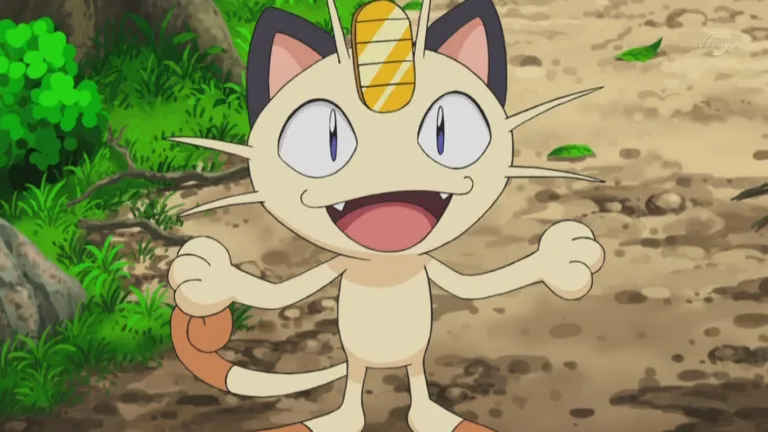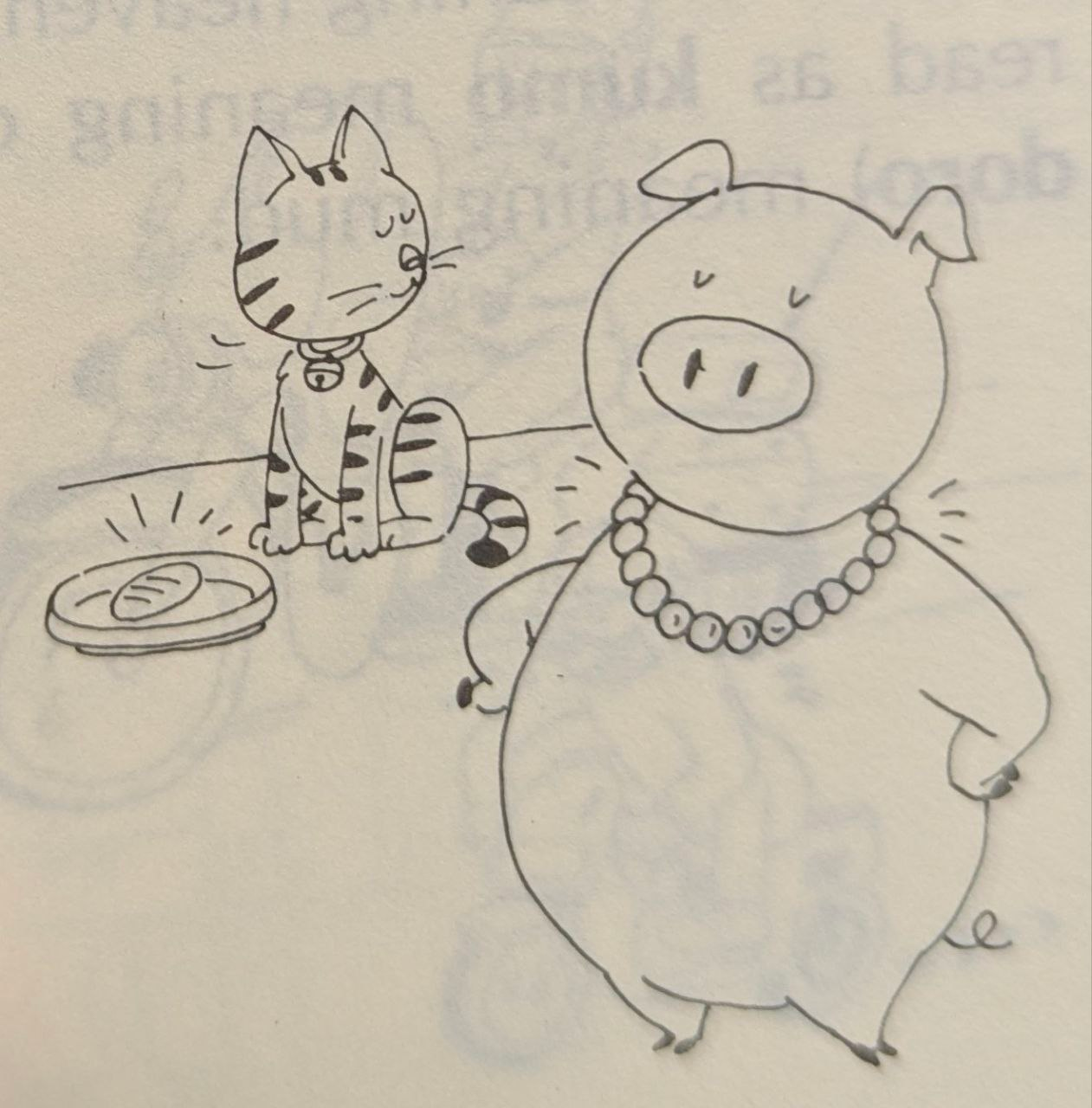Several months ago, I found this book in Stockholm University’s library and borrowed it:

The story behind this book goes like this: since the 60’s Ishikawajima-Harima Heavy Industries Co., Ltd (IHI on the cover) began publishing a bulletin intended to introduce everyday Japanese to its overseas clients. At some point, they decided to compile those articles into a book and even made it bilingual, with the English translation on the left page and Japanese on the right.
There are some interesting expressions in it, but ultimately I wasn’t very pleased with the book for two reasons. First, it’s severely outdated. Japanese business culture remains misogynistic even today, but apparently in 1985 it was much, much worse. Some passages are downright scandalous. The second reason is more practical. Although the authors introduce some useful words and phrases, they almost never provide the proper kanji readings in the Japanese text, only katakana, which is syllabic script usually used for foreign words and emphasis. A better approach would have been to show the proper reading including kanji with syllabic script on top (furigana) or next to the word in brackets, when necessary. I mainly picked up this book for the Japanese text, but as someone who knows a thousand of kanjis or so, I found it strange not to see the most important words or phrases written properly.
Before returning the book, I decided to share one excerpt. It explains the phrase Neko ni koban:
Neko ni koban (Guineas given to a cat)
Various kinds of foreign goods are invading Japan as trade barriers are being removed one after the other. Among them are American encyclopedias, and many are said to have succumbed to the lure of sales campaigns offering premiums.
Although the Japanese always concerned with mastering English, it is in fact a laborious task for them to fully benefit from the encyclopedias. They eventually wind up as an accessory for the bookshelf.
In Japan, such a situation is referred to as neko ni koban (literally, gold coins to a cat, with neko meaning cat and koban meaning gold coins). The English equivalent is “pearls cast before swine” or “guineas given to a cat”).
Although surrounded by seas and being mountainous, Japan is blessed with an abundant supply of water that is one of the purest in the world, but the people tend to belittle the fact.
A foreign writer pointed out in his book recently that the Japanese are the only people who think that water and safety are free of charge. In the eyes of foreigners, the Japanese who do not prize the abundant supply of pure water must appear as a case of neko ni koban.
I don’t think the examples they chose to explain it are particularly strong, but the key point is that this expression is essentially the Japanese equivalent of “pearls before swine”.
Coincidentally, neko ni koban is also a phrase often used by one of the most famous Pokémon: Meowth from Team Rocket. It’s also the name of a spell (translated as Pay Day in English) which he was unable to master. A successful cast of the move would scatter golden coins at the enemy, and Meowth’s colleagues were understandably frustrated that he couldn’t generate extra income to fund their mechanical shenanigans.

